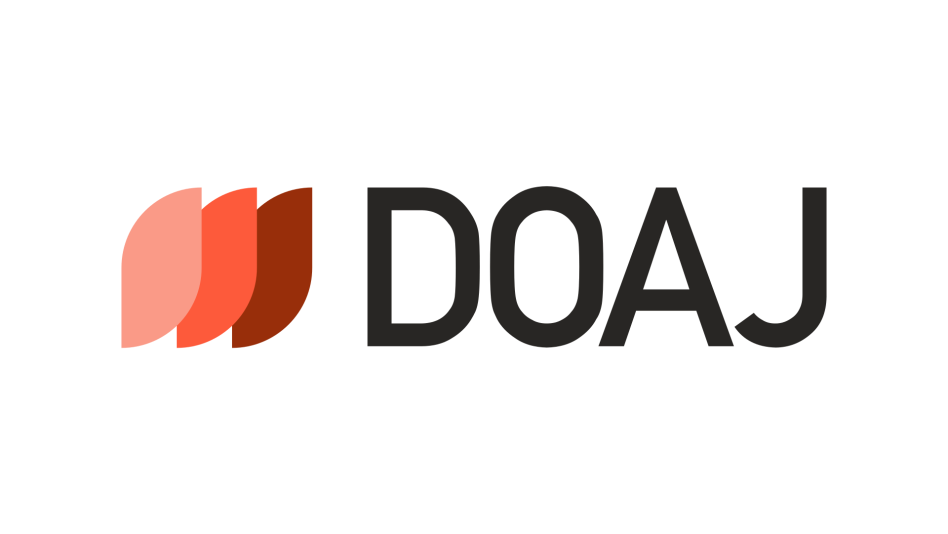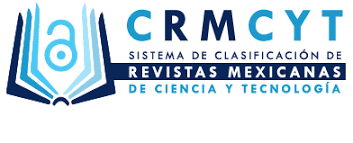Código de ética
Código de ética y declaración sobre malas prácticas
Estudios de Historia Novohispana promueve la difusión de nuevo conocimiento de alta calidad y está a favor del acceso abierto a la información. Sostiene los principios de responsabilidad, probidad, transparencia, imparcialidad y confidencialidad con el objetivo de mantener buenas prácticas editoriales y se rige por el código de ética de la Universidad Nacional Autónoma de México. Suscribe, asimismo, los lineamientos y las guías del Commitee on Publication Ethics (COPE) para la prevención y atención de malas conductas y acusasiones de malas prácticas.
A continuación, se describen los diferentes actores y sus responsabilidades:
El Consejo Editorial
-
El Consejo Editorial es un órgano colegiado compuesto por destacados académicos de instituciones mexicanas y extranjeras, quienes se eligen a partir de una consulta entre pares.
-
Una de sus principales funciones es velar por el buen funcionamiento de la revista y el desempeño de sus editores. Asimismo, el Consejo Editorial contribuye a dar visibilidad y prestigio a la revista en el ámbito nacional e internacional.
-
Son responsabilidades del Consejo Editorial asesorar a los editores de la revista, ayudar a dirimir posibles controversias, participar en la elaboración de diagnósticos y, ocasionalmente, realizar dictámenes, cuando los materiales a evaluar estén directamente relacionados con su campo de conocimiento.
-
Los miembros del Consejo Editorial se comprometen a apegarse al presente código de ética y se constituyen en garantes del mismo.
Los editores
-
Los editores son académicos pertenecientes al Instituto de Investigaciones Históricas de la Universidad Nacional Autónoma de México, comprometidos a dirigir la revista en cumplimiento con el presente código de ética y buscando los más altos estándares de calidad académica;
-
Se encargan de gestionar la recepción, evaluación y, en su caso, publicación de los trabajos que sean presentados a la revista;
-
Son los responsables finales de decidir cuáles trabajos recibidos son pertinentes para su publicación. Determinan lo anterior tomando en consideración los temas de especialidad de la revista, la relevancia y actualidad de las contribuciones, el cumplimiento de los autores en cuanto a los requisitos para la presentación de originales y el resultado del estricto arbitraje por pares;
-
Recurren a un programa de detección de plagio, entre otros mecanismos, para asegurarse de que los trabajos propuestos para su publicación en la revista sean inéditos y originales. No se aceptará ningún trabajo en el que se detecte plagio, autoplagio, publicación duplicada, omisión deliberada de referencias o uso de material (datos, imágenes, etcétera) sin el debido permiso;
-
Se comprometen a garantizar la imparcialidad y confidencialidad en el proceso de arbitraje por pares, el cual se lleva cabo con la modalidad de doble ciego;
-
Los editores procuran obtener las opiniones de especialistas de la mayor idoneidad posible. Para el arbitraje por pares acuden a dos académicos de reconocido prestigio, pertenecientes a instituciones nacionales o internacionales. En caso de discrepancia en las evaluaciones, los editores solicitan un tercer dictamen;
-
Buscan evitar o, en su caso, solucionar los conflictos de intereses, que puedan suscitarse en el proceso de evaluación de los trabajos recibidos.
-
Mantienen informados a los autores de las decisiones referentes al proceso editorial de sus trabajos;
-
Se comprometen a mantener la confidencialidad sobre los trabajos recibidos, así como de los nombres de autores y evaluadores. En ningún caso divulgarán indebidamente algún trabajo recibido, ni lo utilizarán sin contar con el permiso expreso y por escrito del autor. Sólo tienen acceso a los trabajos recibidos el equipo editorial y los dictaminadores; y
-
Se comprometen a publicar correcciones, clarificaciones, retractaciones y disculpas cuando esto sea necesario.
Los autores
-
El envío de un trabajo implica la aceptación de las políticas de la revista y del presente código de ética;
-
Los autores deben garantizar que sus trabajos sean resultado de una investigación original, inédita y reciente; asimismo, que los datos en ellos utilizados han sido obtenidos de manera ética. En consecuencia, cualquier trabajo que incurra en plagio, autoplagio, publicación duplicada, manipulación de citas, atribución incorrecta de autoría, omisión deliberada de referencias o uso de material (datos, imágenes, gráficas, etcétera) sin el debido permiso no será considerado para su publicación;
-
Los autores deberán evitar el envío de artículos que esencialmente describen la misma investigación con cambios menores de otros artículos publicados o en proceso de publicación (publicación salami o duplicada);
-
Es obligación de los autores identificar adecuadamente todos los trabajos publicados e inéditos de otros autores que fueron por ellos utilizados o que son antecedentes de su trabajo;
-
Los autores deben citar la autoría y procedencia de todas las imágenes que incluyan en sus trabajos y deben contar, en su caso, con los permisos correspondientes para su reproducción;
-
Los autores deben garantizar que sus trabajos no han sido previamente publicados ni se encuentran en proceso para aparecer en otra publicación;
-
Todos los autores deben hacer del conocimiento de los editores cualquier conflicto de interés o situación de otra naturaleza que pudiera influir en los resultados de la evaluación de sus manuscritos;
-
Para la publicación de sus trabajos, los autores deben seguir estrictamente las normas para la publicación de originales definidas por la revista;
-
Es responsabilidad de los autores atender a las solicitudes de correcciones y/o inclusión de materiales adicionales que les señalen los editores, en los plazos estipulados;
-
Los autores, una vez que han recibido la notificación de que sus trabajos serán publicados, deben otorgar a la revista los derechos de publicación correspondientes;
-
Los autores podrán reeditar sus trabajos después de haber sido publicados en Estudios de Historia Novohispana, pero siempre especificando el volumen, año y las páginas; y
-
Los autores que envíen trabajos para su posible publicación en la revista se comprometen a apegarse al presente código de ética.
Los dictaminadores
-
Los dictaminadores son especialistas calificados en las temáticas abordadas en los trabajos presentados para su posible publicación. Sus opiniones contribuyen a que los editores tomen decisiones acerca de la pertinencia de la publicación de los trabajos recibidos;
-
Deben informar oportunamente a los editores si existe algún conflicto de interés en relación con el texto que se les solicite evaluar;
-
Deben realizar su labor con imparcialidad y rigor académico, expresar sus comentarios en un marco de respeto y ser constructivos en sus señalamientos;
Las evaluaciones deben ser dictámenes razonados que tomen en consideración los siguientes aspectos:
-
Relevancia temática y originalidad del artículo,
-
Nivel y consistencia en su argumentación,
-
Claridad, estructura y calidad en su redacción.
-
Uso y actualización de fuentes y bibliografía, y
-
Aspectos no incluidos en los incisos previos pero que el evaluador considere importantes.
-
Los dictaminadores deben notificar a los editores, en caso de tener certeza o sospecha, de que el trabajo revisado incurre en plagio, autoplagio, publicación duplicada, omisión deliberada de referencias o cualquier otra práctica no ética;
-
Deben respetar los plazos establecidos por la revista para enviar sus evaluaciones;
-
Se comprometen a no divulgar ni a utilizar para ningún fin los trabajos que reciban para evaluar o la información contenida en ellos; y
-
Se comprometen a apegarse al presente código de ética.















